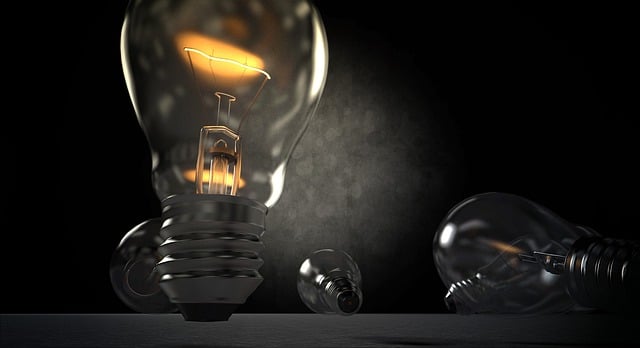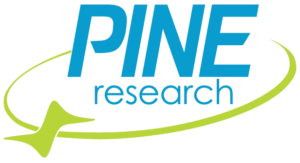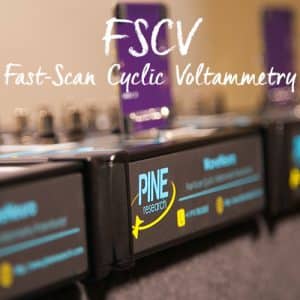
The theme of the 255th ACS National Meeting is Nexus of Food, Energy & Water: Adapting to Future Challenges. The Sunday opening session speakers include leading experts in renewable energy, water treatment, and smart agriculture. It is likely these talks will present many challenges we face in society and how chemistry can provide solutions to these problems. The talks may also enlighten some chemistry and engineering students in high school, undergraduate, and graduate school to pursue research careers. Today’s younger generation are tomorrow’s research leaders. A thorough chemical education is necessary for our students to solve the challenges that await them. One area of chemical education that has been lacking in most academic institutions is electrochemistry. Concerning our challenges in food, energy, & water, electrochemistry plays an important role in all of those topics.

Water treatment also has a direct connection to electrochemistry. A large focus on water treatment focuses on the decomposition and tracking of organic compounds. Detection and removal of heavy metal ions are also significant water treatment efforts. A common technique for detection and quantification of metal ions in water is inductively coupled plasma mass spectrometry (ICP-MS); however, sending samples out for lab analysis is timely and expensive. Electrochemistry has produced ion-selective electrodes, which are considerably less expensive than ICP-MS and can be implemented directly in the field. The main drawback with ion-selective electrodes (ISE) is that by design, ISEs are specific to only one analyte. Additionally, electrochemical analysis requires sufficiently conductive water for accurate measurements, sometimes making ISEs less desirable. Surprisingly, electrochemistry has applications for more than just metal ions, including organic molecules. By modifying the electrode surface, an electrode can be made selective to a specific molecule, or improve the limit of detection for a particular analyte even if the analyte is not an electroactive material. One laboratory exercise for those interested in wastewater treatment is detecting lead in tap water. By modifying the surface of a carbon screen-printed electrode, we can improve electrode sensitivity to detect low concentrations (ppb) of lead.
The connection between food and electrochemistry is not as straightforward as the previous examples; however, links drawn between food and behaviors associated with food consumption pair well with brain chemistry. Some electrochemists study neurochemical molecules, for example detecting neurotransmitters such as dopamine and serotonin with unmatched fast temporal and high spatial resolution. Some of these researchers compare behaviors associated with food and eating as a function of in-vivo dopamine concentration changes. Practically, some research in this field attempt to find links between poor food choices and preferences (high sugar, processed, high saturated fat and cholesterol, etc.) and neurochemical changes. Such measurements are made with a special type of potentiostat that is capable of Fast Scan Cyclic Voltammetry (FSCV). Pine Research is one of few companies who offers neuroelectrochemistry products to this community.
Electrochemistry plays an important role in energy, water, and food; however, the ACS meeting is about adapting to future challenges. To address these challenges, Pine Research thinks that students must receive appropriate electrochemical education to ensure future success. While Pine Research provides research grade instrumentation to support the electroanalytical community, they also support the chemical education community. There are numerous resources on the Pine Research website, including applications notes and laboratory exercises (download at no charge), educators can use in the classroom. They also developed an easy way to incorporate experimental electrochemistry into educational laboratories. This system, called EChem in a Box, is a single bundle that includes everything needed to perform electrochemistry experiments. To adequately tackle future challenges in food, energy, and water electrochemistry must be included in undergraduate education. The electrochemists at Pine Research are also a resource for both research and academic customers. While you are at the ACS meeting in New Orleans, stop by booth 1037 to speak with two of their electrochemists, Dr. Neil Spinner and Dr. Alex Peroff. They are available to help prepare future generations of scientists in tackling the challenges in food, energy, and water.



